There’s huge public desire to end poverty – will politicians now act?
This article is by the Archbishop of York, Stephen Cottrell, for Challenge Poverty Week.
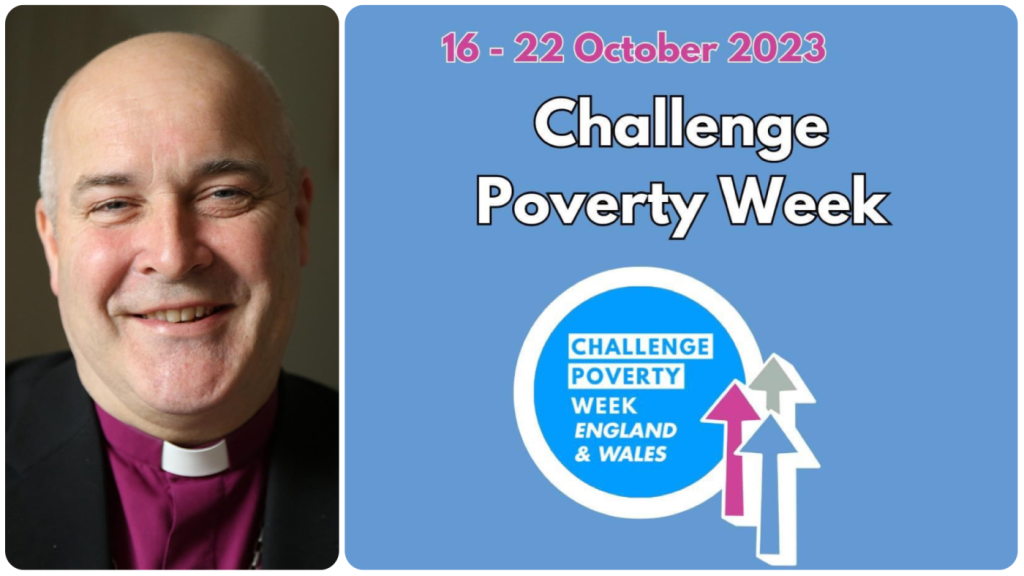
What do you want for and from your society?
That might sound like a very grand or heavy question for a blog post like this, but it’s one we should all pause to ponder from time to time.
What do we really want our society and community to look like?
What might we collectively want to change or redesign?
Whose voices are being ignored, for instance?
Nothing in our society is fixed or inevitable. We should all believe change is possible, albeit sometimes difficult. And we should amplify the voices of people who are being denied justice and a fair say.
How on earth are people on low incomes coping?
I was struck recently by some notable research from the Living Wage Foundation, looking at the impact of the cost of living emergency on low-paid workers. In a poll of 2,000 people, researchers found that hardship remains far higher than before the current economic crisis. I often think, on checking out in the supermarket and seeing the bill for modest amounts of food, how on earth people on low incomes are coping currently.
- half of low-paid workers are worse off than a year ago
- 39% had regularly skipped meals for financial reasons
- the same proportion had fallen behind with bills
- a third had been unable to afford to heat their homes.
- over a quarter had fallen behind on rent or mortgage payments
- over a fifth had turned to payday loans just to cover essential costs.
These numbers are galling.
There are 3.5 million low-paid workers in the UK, and beneath the headline statistics are millions of human stories: men, women, children, parents, grandparents, friends and neighbours – our fellow citizens, whose lives have been hindered and made harder, and by circumstances entirely beyond their control.
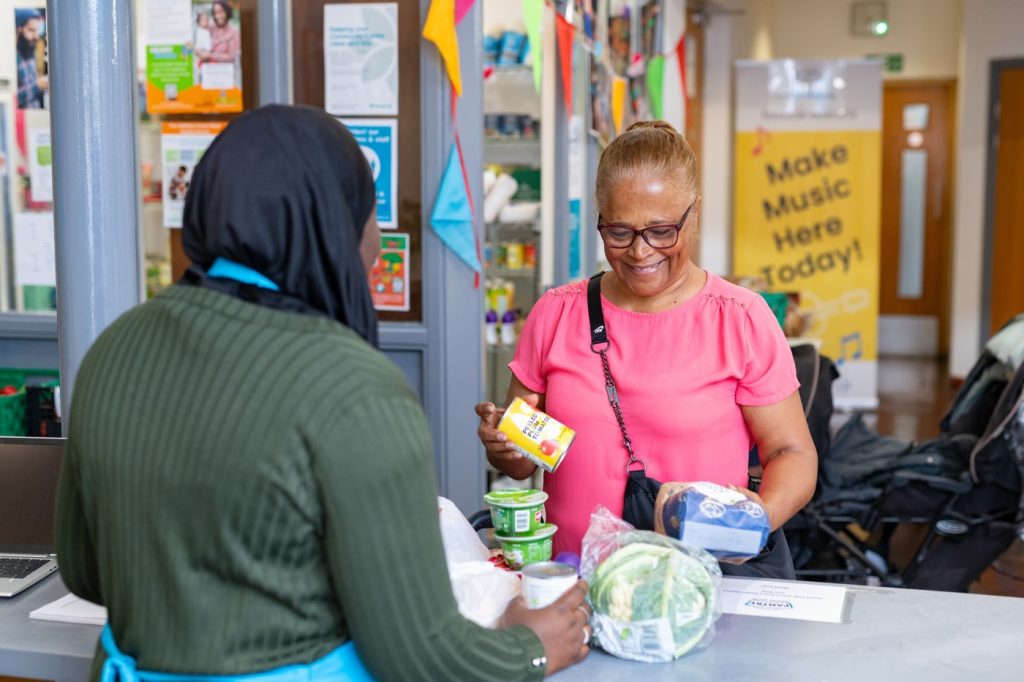
We all want dignity - for ourselves and our neighbours
There are severe financial, health and emotional consequences across our community when people’s incomes are squeezed like this, but there is also a huge threat to our shared human dignity.
For all our differences across society, there is one common aspiration – we all want to live with dignity, and to be able to participate fully and freely in our communities.
And we all want that dignity, not just for ourselves but for each other. It is not so long ago that millions of us joined the collective mutual aid effort during the pandemic, because we are intrinsically unhappy seeing our neighbours going without.
In our communities, when one of us suffers, we all do. Polling earlier this year showed that almost nine in 10 UK adults says more should be done to tackle poverty in this country. There’s an overwhelming appetite for change, and it’s time for the country’s politicians to heed that call.
The dignity of people on low incomes is consistently threatened. Sometimes by powerful employers who don’t pay people enough to live on. Sometimes by politicians who choose to keep benefits debilitatingly low. Sometimes by unequally distributed care that isn’t sufficient for everyone. And sometimes by entrenched power structures that exclude people who know first-hand what life in deep hardship is like.
This isn’t right, but it can change. This week is Challenge Poverty Week in England and Wales, a week in which hundreds of people speak up about solutions that are working well at local level, and which could be emulated more widely.
You might hear about Poverty Truth Commissions, which bring people together at town or city level, merging people’s myriad of expertise and insights – crucially, paying as much heed to the voices of residents as professionals. There have been successful ones already in Leeds, and a York one is ongoing, bringing together the people who make key decisions and the people who are most impacted by them.
Let's End Poverty
Also this week, many churches and community groups have been holding local discussions around the new Let’s End Poverty campaign.
It is possible to change the direction of poverty trends. This is one of the wealthiest countries in the world, and we know we have the resources and the expertise required. We also know that there is great public desire. But do we have the political will?
Each day I pray that we may all be given our daily bread. This must mean each of us getting what is sufficient. Not just some of us. And so many, getting an awful lot more.
Let’s speak up, not just this week but frequently, for what we want our society to look like. Let’s celebrate the work of the unsung people and organisations that make our communities tick, but let’s also call on our politicians to be ambitious for our lowest-income neighbours, and to deliver policies and plans that ensure the dignity of everyone.
Let’s speak up for a future where everyone has enough to live on. Where everyone has enough to eat. Where everyone is able to wake up each day unhindered by income in the pursuit of their ambitions, and equipped to participate fully in our society.
That’s what I want from society, and this Challenge Poverty Week, let’s listen to people with first-hand experience of poverty, whose ideas and insights are essential to building that better future more quickly.

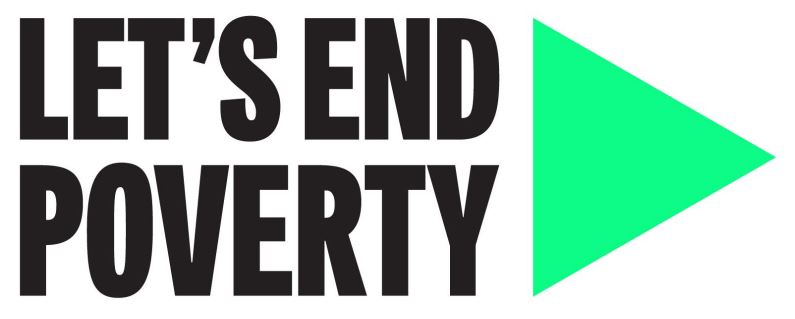
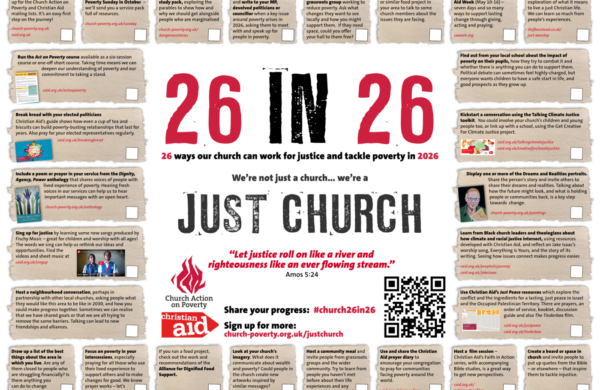
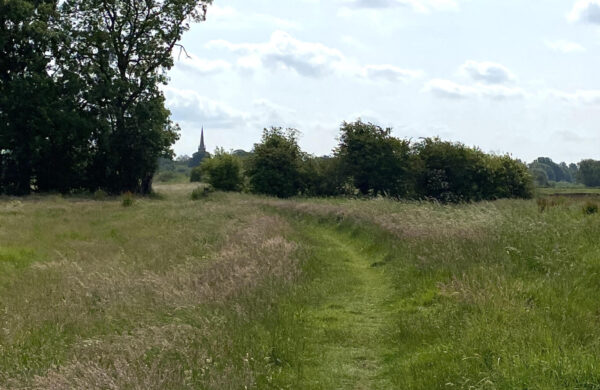
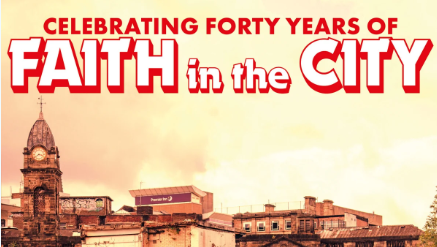
Comments (05)
Comments are closed.